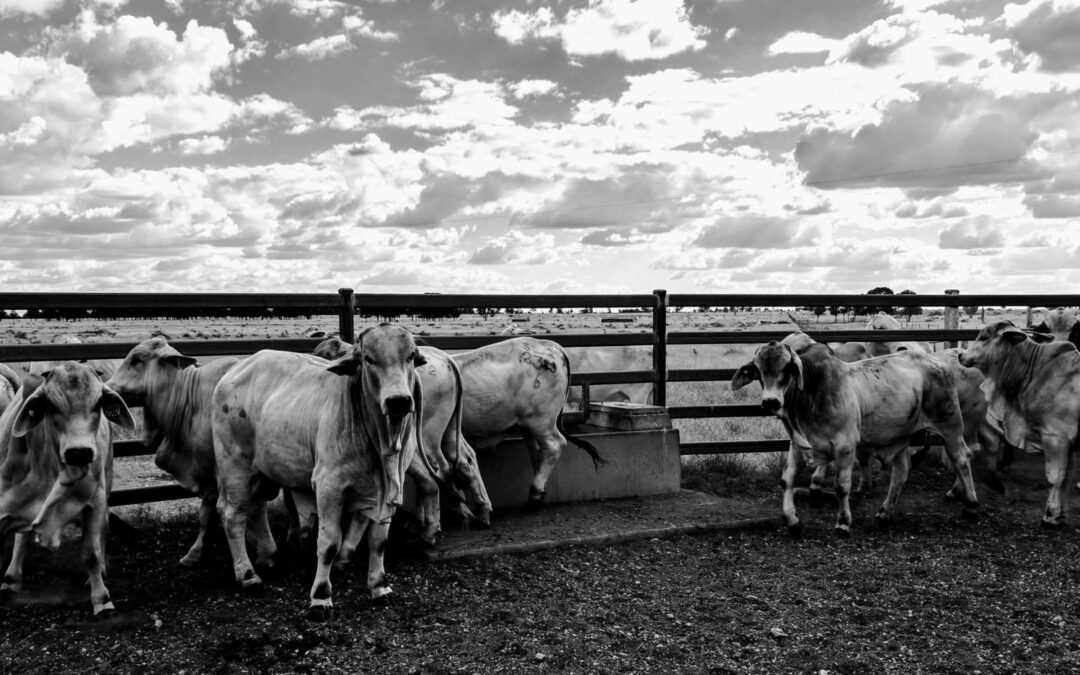BuLL Check A quick 90 second video about the thing that most people get wrong when interpreting a Bull Breeding soundness exam. https://youtu.be/jTPkWYM3l8k


BuLL Check A quick 90 second video about the thing that most people get wrong when interpreting a Bull Breeding soundness exam. https://youtu.be/jTPkWYM3l8k

Equine Worming- by Dr Shannon Goodwin BVSc Internal parasite prevention should be an integral part of your horse management program. The traditional advice has been to worm horses every three months, but new research shows that this may not be the most efficient...
Stereotypies are therefore thought to be a result of domestication and changes in the way the horse is kept. Find out more about Stereotypies in this EDVtv Video. [plsc_youtube url=”https://youtu.be/PJnGxGx71DE” width=”700″ height=”400″ autoplay=”no” responsive=”yes”]
Your vet has examined your horse and told you that your horse needs a tooth removed. Will your horse cope without that tooth? https://youtu.be/oBlqkfJEqnk
Dr Luke Wells-Smith takes us through the possible causes of abcesses and lameness in horses, what to look for and how it is diagnosed and treated.
Just like football players, bulls benefit from pre-season training and assessment. If you are planning on joining cows and heifers this spring, now is the time to start getting your bulls ready. Bulls should be on farm and grouped 2-3 months before joining. This...
Fleas love winter. Why? Because their eggs love a warm house to hatch in! If you've suddenly noticed your dog is itching or your cat is over grooming or, heaven forbid, you have itchy ankles, it could be FLEAS! Flea eggs require a warm temperature to hatch so if...
If you're looking to add a new addition to your family you're probably considering a cute, cuddly little puppy or kitten. But if you're wanting a true companion (and possibly less work!) then a senior pet might be the better option. Here are some good reasons why a...
1. Can my pet get dementia? Yes - we now know that, like humans, dogs and cats can suffer from dementia. Common signs include becoming lost in usually familiar surroundings, loss of toilet training, trouble finding doors and stairways, sleep disturbances at night,...
The thought might not have even crossed your mind … but could your pet be starting to show his age? Most people are not aware that cats and dogs are generally considered ‘senior’ after the age of about 8 years. Whilst the majority of our furry friends are well off...